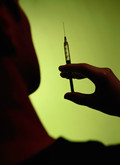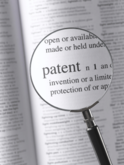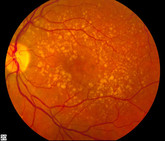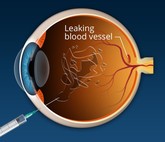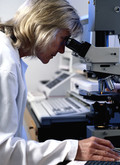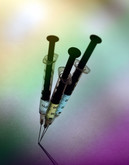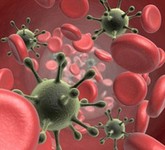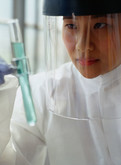Biosimilars/Research
|
Posted 06/05/2022
Avsola (ABP 710) is a biosimilar to the infliximab reference product (Remicade), a monoclonal antibody targeting tumour necrosis factor-alfa. Avsola is approved in the US and Canada for all the same indications as Remicade, including adult and paediatric Crohn’s disease (CD), ulcerative colitis (UC), rheumatoid arthritis (RA), ankylosing spondylitis, psoriatic arthritis and plaque psoriasis [1, 2]. Infliximab is a highly efficacious treatment for inflammatory bowel disease (IBD), which includes CD and UC. The totality of evidence (TOE) supporting the development and approval of ABP 710 was recently reviewed [3].









